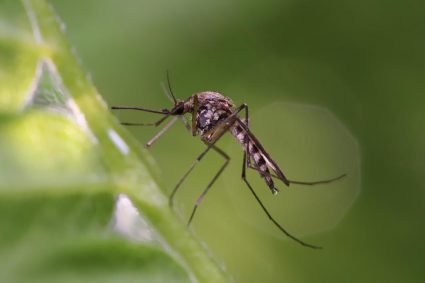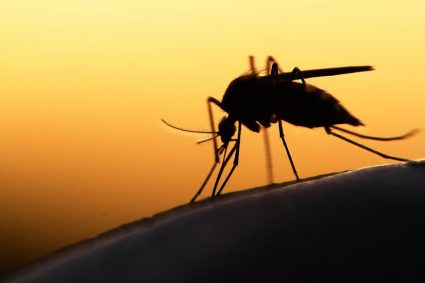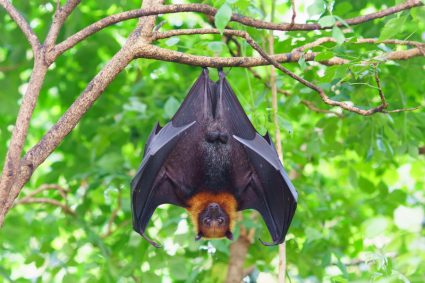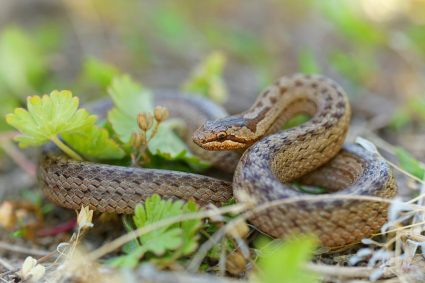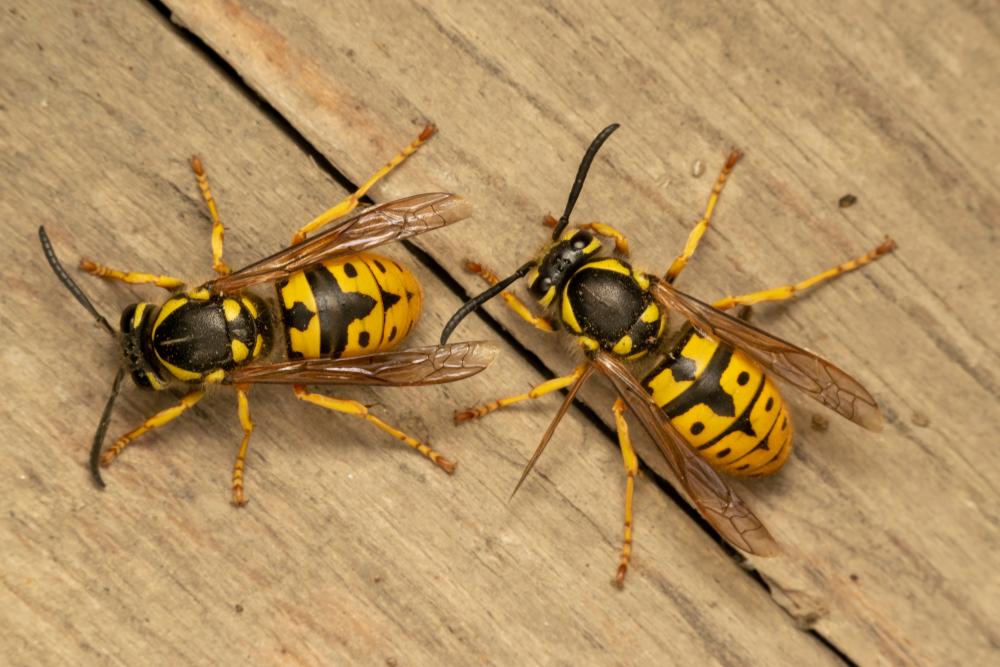
Wasps, while essential to the ecosystem, can be a nuisance and potential threat when they decide to make their nests close to your home. Their stings can be painful, and for those with allergies, even life-threatening. In this comprehensive guide, we will explore various strategies on how to deter wasps from making nests around your homes and gardens.
To deter wasps from making nests, you can use natural deterrents such as essential oils (clove, geranium, lemongrass, rosemary) and certain plants (mint, thyme, eucalyptus, marigolds), or commercial products like fake nests, sprays, and powders. Regularly inspecting your property for early signs of wasp activity and taking action promptly can also prevent wasp infestations. If a nest is already established, consider professional extermination for safe removal.
Understanding Wasps and Their Nesting Habits
Before we delve into the methods of deterring wasps, it’s important to understand why wasps choose specific locations for their nests. Wasps generally prefer sturdy, horizontal bases like eaves, porch ceilings, and overhangs. They often select corner spots for protection from the elements and potential predators. They also require a nearby supply of wood fiber for nest construction, particularly in the case of paper wasps. Shelter, dryness, safety, and structural soundness are also factors that attract wasps to certain locations.
Early Signs of Wasp Nest Building
Being able to identify the signs of early wasp nest building can help you take action before the problem escalates. Increased wasp activity, swarming insects, small nest structures, and wood shavings or paper-like material are all indicators of a potential nest. Inspecting your property regularly for these signs can help prevent a full-blown wasp infestation.
Natural Deterrents
There are several natural deterrents that can help keep wasps at bay. Essential oils such as clove, geranium, lemongrass, and rosemary mixed with water can be sprayed around potential nesting areas. Planting herbs and plants like mint, thyme, eucalyptus, and marigolds can also repel wasps. Additionally, a mixture of vinegar and water sprayed around your home can deter wasps.
Commercial Wasp Deterrents
Commercial wasp deterrents, like fake nests, sprays, and powders, can be effective in controlling and eliminating wasps. Products such as Terro Wasp & Hornet Killer, Ortho Home Defense Hornet and Wasp Killer, Spectracide Wasp and Hornet Killer, and CRC Wasp & Hornet Killer Plus Insecticide are all recommended options.
Safety Precautions
When attempting to deter wasps, it’s important to take precautions to avoid stings. Wearing light-colored, smooth-finished clothing, avoiding perfumed soaps and shampoos, and covering as much of your body as possible with clothing can help. Also, avoid rapid, jerky movements around hives or nests, as this may provoke the insects.
What To Do If A Wasp Nest Is Already Established?
If a wasp nest is already established, it’s crucial to approach the situation with caution. Protective clothing, choosing the right time, using DIY removal methods, or seeking professional help are all viable options. Remember that wasp nest removal can be dangerous, especially for individuals with allergies or those who are inexperienced. If you’re unsure about your ability to safely remove a wasp nest, it’s best to call a professional exterminator.
In Conclusion
While wasps play a crucial role in our ecosystem, their proximity can pose a threat to our safety. Therefore, it’s important to take proactive steps to deter them from making nests near our homes. Using a combination of natural and commercial deterrents, along with regular inspections and prompt action at the first sign of wasp activity, can help keep these stinging insects at bay.
Remember, the goal is not to eliminate wasps entirely, but to create a safe space where humans and wasps can coexist without posing a threat to each other. If a wasp infestation becomes too overwhelming to handle, don’t hesitate to seek professional help.
Frequently Asked Questions
What time of the year are wasps most active?
Wasps are most active during the warmer months of spring and summer. This is when they typically build nests and reproduce.
Are all wasps aggressive and prone to stinging?
Not all wasps are aggressive. The level of aggression varies among different species. However, most wasps are likely to sting when they feel threatened or when their nest is disturbed.
Can wasps sting multiple times?
Yes, unlike bees, wasps can sting multiple times. This is because their stingers are not barbed and do not break off after they sting.
Can wasps nests be reused?
No, wasps do not reuse their old nests. Each year, wasps build a new nest.
Can wasps smell fear?
No, wasps cannot smell fear. However, they are attracted to certain scents, including sweet smells and the scent of a person who has previously been stung by a wasp.
Can wasps recognize faces?
Yes, some studies suggest that certain species of wasps can recognize and remember human faces.


